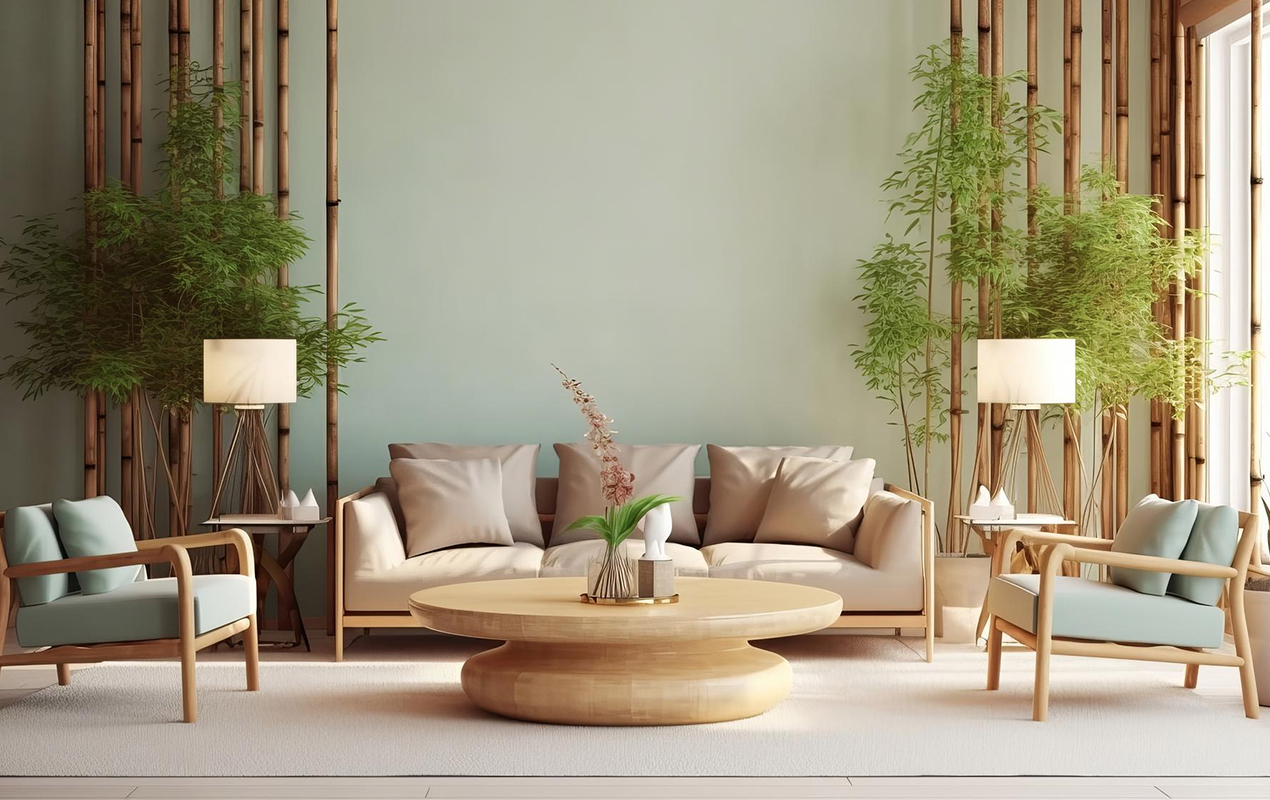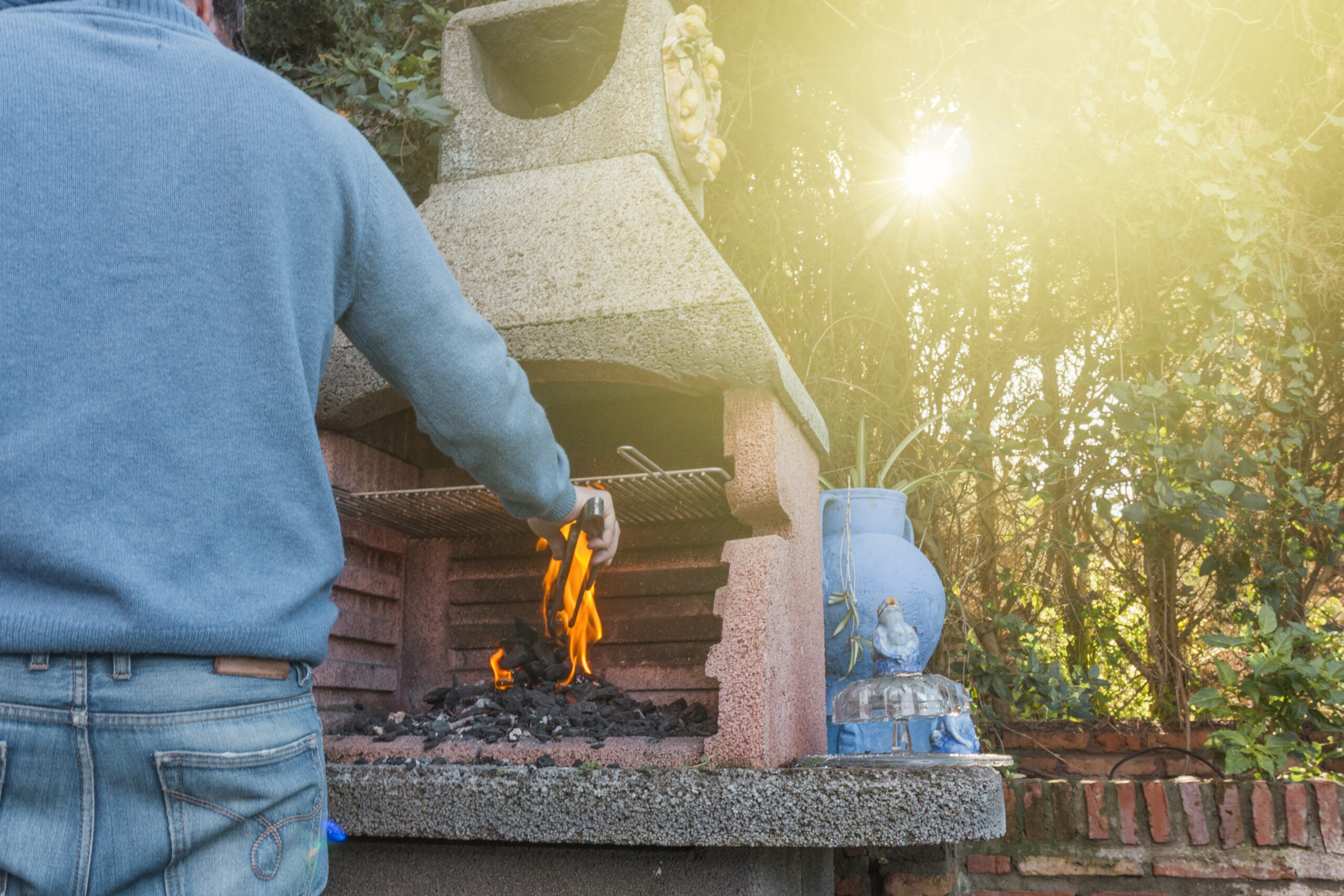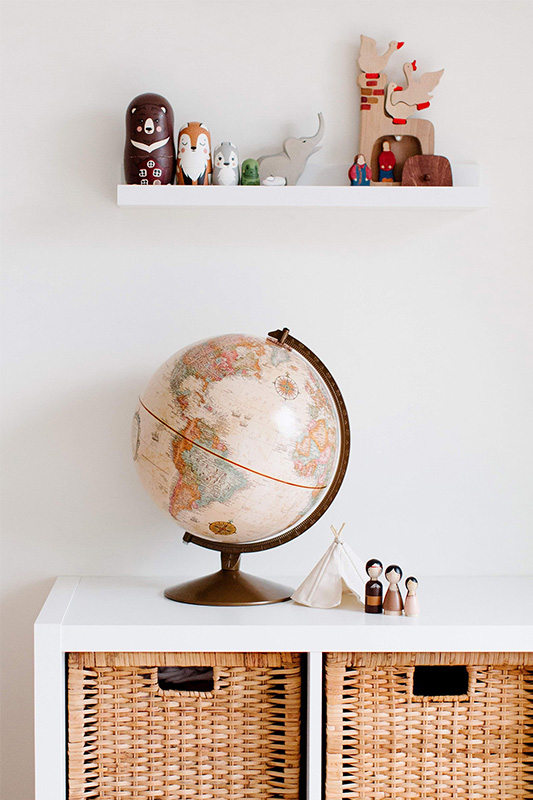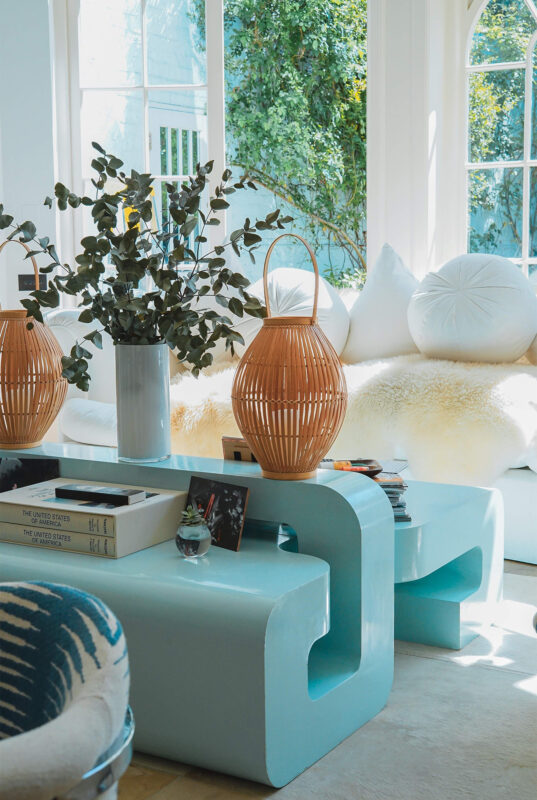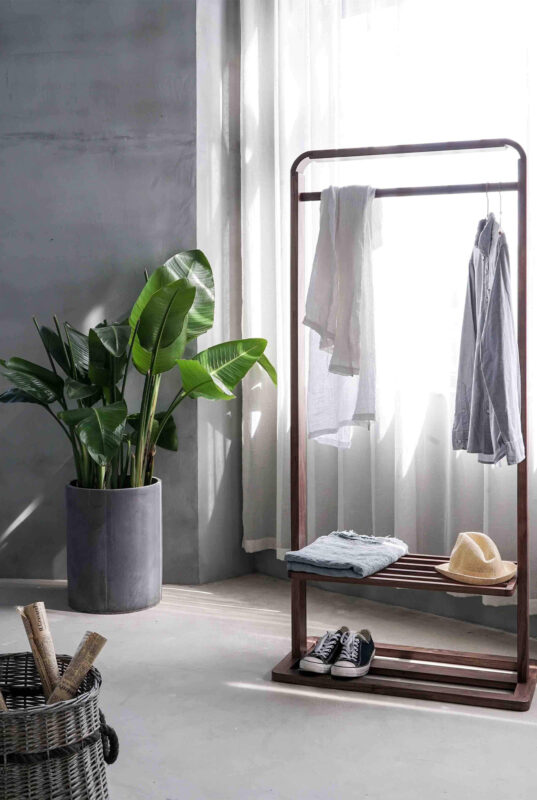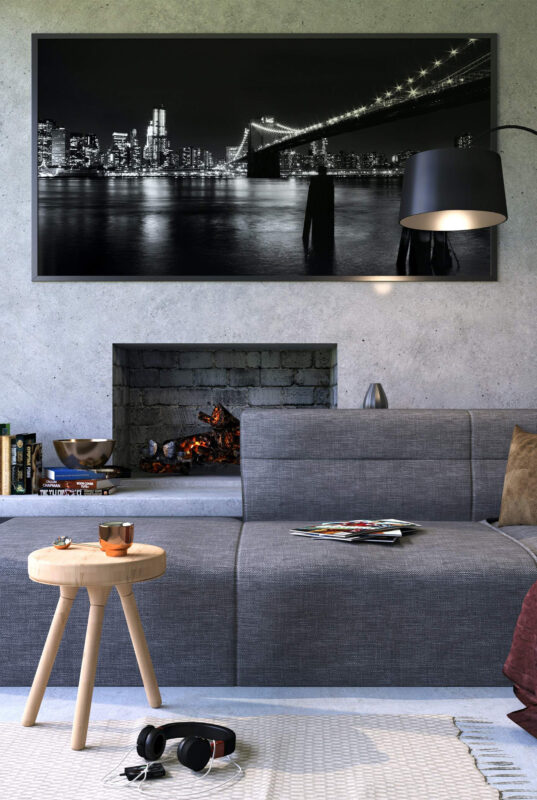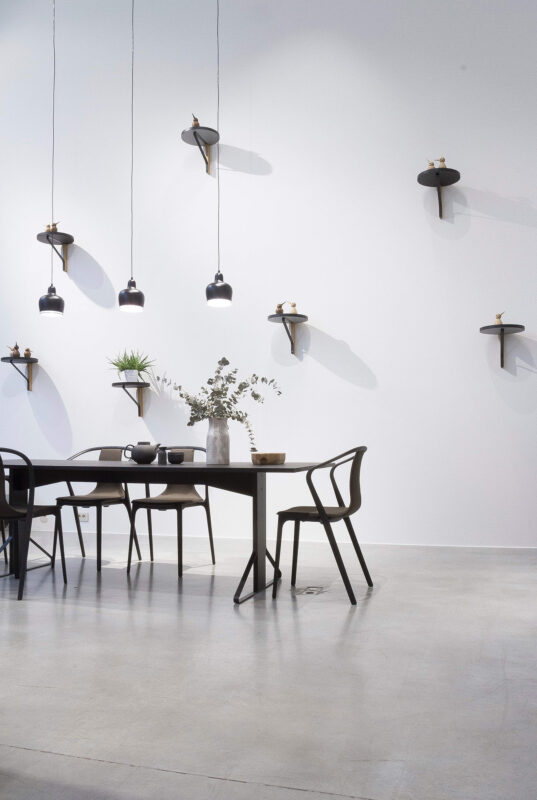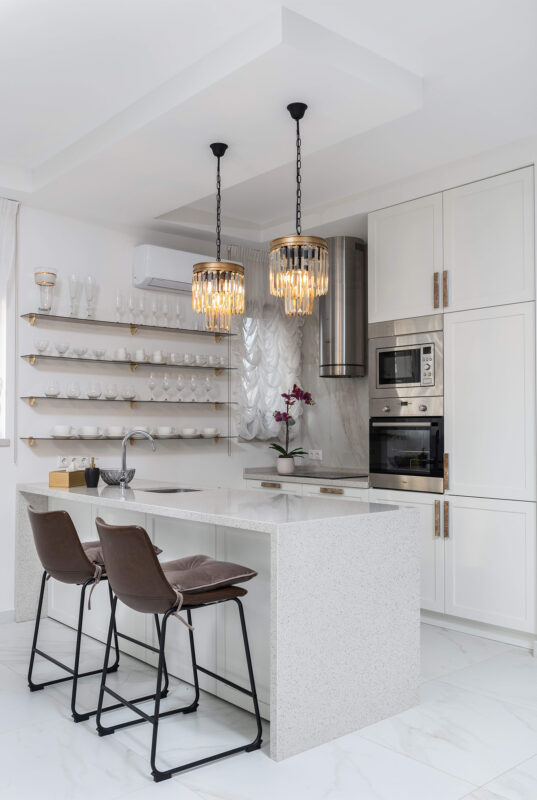Blog
Elevate Your Greenery: How To Choose The Right Planter Style For Your Home

Planters offer a versatile solution for incorporating greenery into your home, allowing you to cultivate various plants in spaces that may not have traditional garden areas. They provide the essential containment and support needed for plant growth, enabling better control over soil composition and moisture levels, crucial for plant health.
Additionally, planters serve as a decorative element, enhancing the aesthetic appeal of your indoor or outdoor spaces by allowing for creative expression and style integration. Choosing the right planter style isn’t just about matching decor—it’s about creating harmony between your houseplants and your living environment. Here’s how to navigate the myriad options available to find the perfect home for your greenery.
Understand Your Space
The first step in choosing the right planter style is understanding your space. Are you working in a cozy apartment, a spacious house, or an outdoor area? The amount of light, the style of your home, and the space available will influence your choice. Consider hanging or wall-mounted options for small spaces to save floor space. Larger areas can accommodate floor planters or large decorative pots that make a statement.
Consider The Plant
Different plants have different needs, and your chosen planter should cater to those requirements. Consider the size of the plant, its growth pattern, and water and drainage needs. Some houseplants prefer dry conditions and thrive in terracotta pots that wick away moisture, while others might need a more sealed container to keep the soil moist.
Choosing the suitable planter for every type of plant requires consideration of the plant’s specific needs, including size, drainage, material, and the aesthetic of your space. Here’s a guide to matching planters with various plant types:
Succulents and Cacti
Succulents and cacti require small to medium-sized planters with excellent drainage. Some good options for these types of plants include terracotta or clay pots with drainage holes. Their porous nature helps soil dry out more quickly, preventing root rot.
Large Foliage Plants (e.g. Monstera, Fiddle Leaf Fig)
Stability is crucial for large foliage plants to prevent them from tipping over as they grow taller and become top-heavy, ensuring both the plant’s safety and the safety of its surroundings. A stable planter provides a solid foundation that supports healthy root growth, allowing the plant to thrive and maintain its structural integrity.
Additionally, secure planters protect the home environment from potential damage and accidents, especially in spaces shared with pets and children. Get large, sturdy pots made of ceramic or stone to allow room for growth. Consider stone trough planters with drainage and a saucer to catch excess water, ensuring the plant isn’t sitting in moisture.
Herbs
Herb plants require good drainage in their planters to prevent water from pooling at the base, which can lead to root rot and other moisture-related diseases, as herbs generally prefer well-drained soil conditions.
Meanwhile, accessibility is crucial for herb plants because it facilitates regular harvesting and care, ensuring adequate sunlight, water, and pruning as needed. This combination of good drainage and accessibility supports the healthy growth of herbs, making it easier to incorporate fresh, home-grown flavours into cooking. The best planters for herbs are small to medium-sized with drainage holes. Window boxes or kitchen herb garden planters work well, especially in sunny spots.
Vegetables
Vegetable plants often have extensive root systems that require depth in their planters to expand and access the nutrients and water they need for healthy growth and productive yields. Adequate drainage is essential to prevent water from stagnating around the roots, which can cause root rot and other fungal diseases, compromising the plant’s health and reducing crop quality.
These conditions mimic the natural soil environment, ensuring that vegetable plants thrive, even in container gardens, leading to successful and bountiful harvests. You need raised beds or deep, durable containers with drainage for planters. Materials can vary, but being non-toxic and safe for edibles is non-negotiable.
When selecting a planter, consider the weight, especially if it is placed on a balcony or shelf. Moreover, the aesthetics must match your decor and be used indoors or outdoors. Matching the suitable planter with your plant supports its health and growth and integrates it beautifully into your living space. Consider the plant’s future growth—choose a planter to accommodate its size in the coming years.
The Cape Cod Planter
When it comes to integrating greenery in a way that effortlessly complements your home’s aesthetic, the Cape Cod planter emerges as a quintessential choice. Characterized by its classic, clean lines and often found in crisp whites or earth tones, the Cape Cod planter embodies timeless elegance.
Perfect for a range of home styles, from coastal to country and even modern farmhouses, this type of planter adds a touch of sophistication and charm. Its design is versatile enough to host a variety of plants, from lush ferns to vibrant flowers, making it a go-to option for those looking to enhance their home’s curb appeal or indoor ambiance.

Photo by Mike.shots from Freepik
Match Your Decor Style
Now, for the fun part: matching your planter to your home’s decor style. Whether your home is modern, traditional, rustic, or eclectic, a planter style complements it. For stylish and minimalist interiors, consider sleek geometric shapes and neutral colours. Traditional homes can incorporate classic ceramic or stone planters with intricate designs. Rustic spaces are perfect for natural materials like wood or wicker.
Material Matters
The material of your planter affects not only its look but its functionality as well. Terracotta and ceramic planters are heavy and sturdy, ideal for large plants that might tip over in lighter pots. Metal and plastic are more lightweight and versatile, suitable for indoor and outdoor use. Wooden planters bring a natural, rustic feel but may require more maintenance to prevent rot.
Functionality and Features
Consider planters with additional features like self-watering mechanisms or built-in drainage systems for ease of care. If you’re placing planters outdoors, look for materials that can withstand the elements, like frost-resistant ceramic or UV-protected plastic.
Personal Touch
Finally, feel free to get creative. Planters are an excellent way to express your style. Mix and match sizes and colours, or paint your own for a unique touch. Remember, the best planter is one that reflects your style while meeting the needs of your plants.
Final Thoughts
Choosing the right planter style can transform your home into a lush oasis that reflects your personal taste and love for nature. With these tips, you’re well on elevating your greenery and creating a harmonious space that’s uniquely yours.

